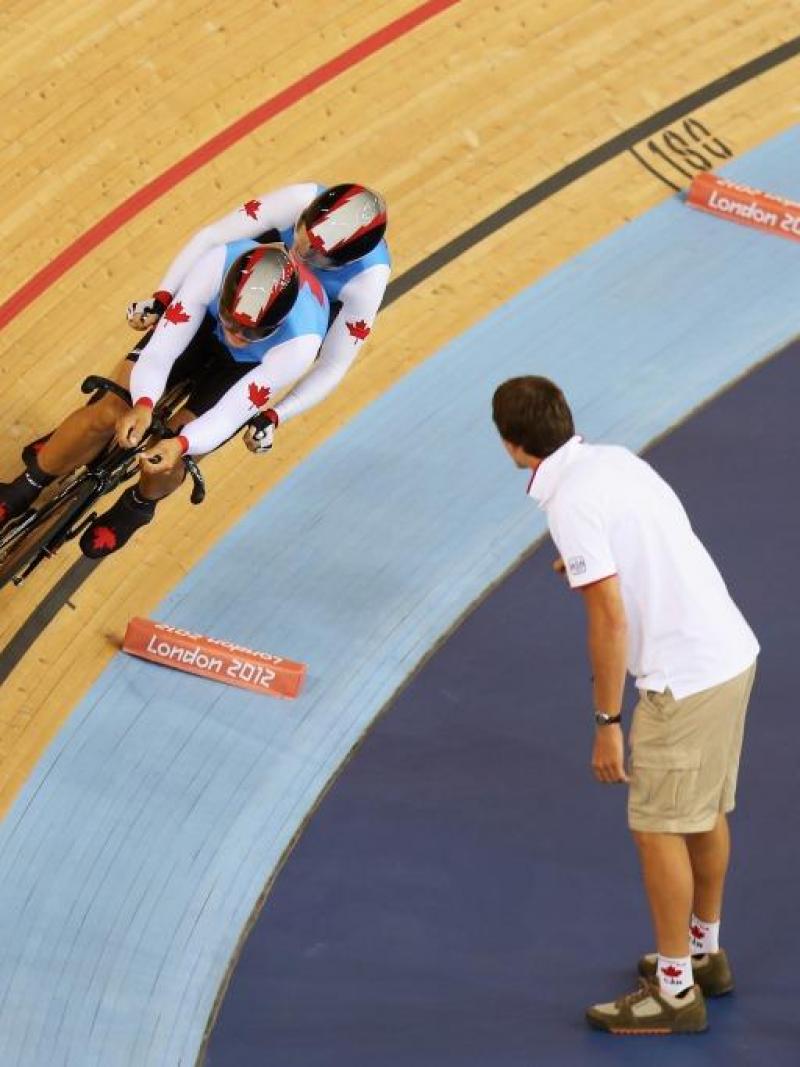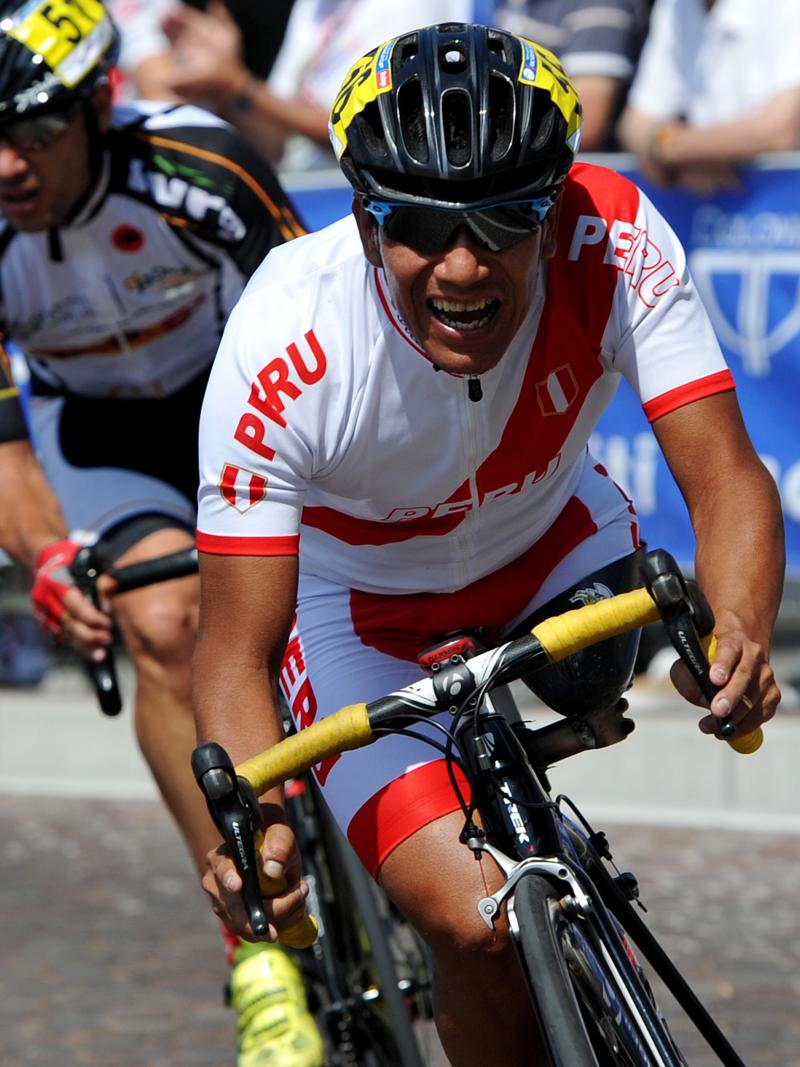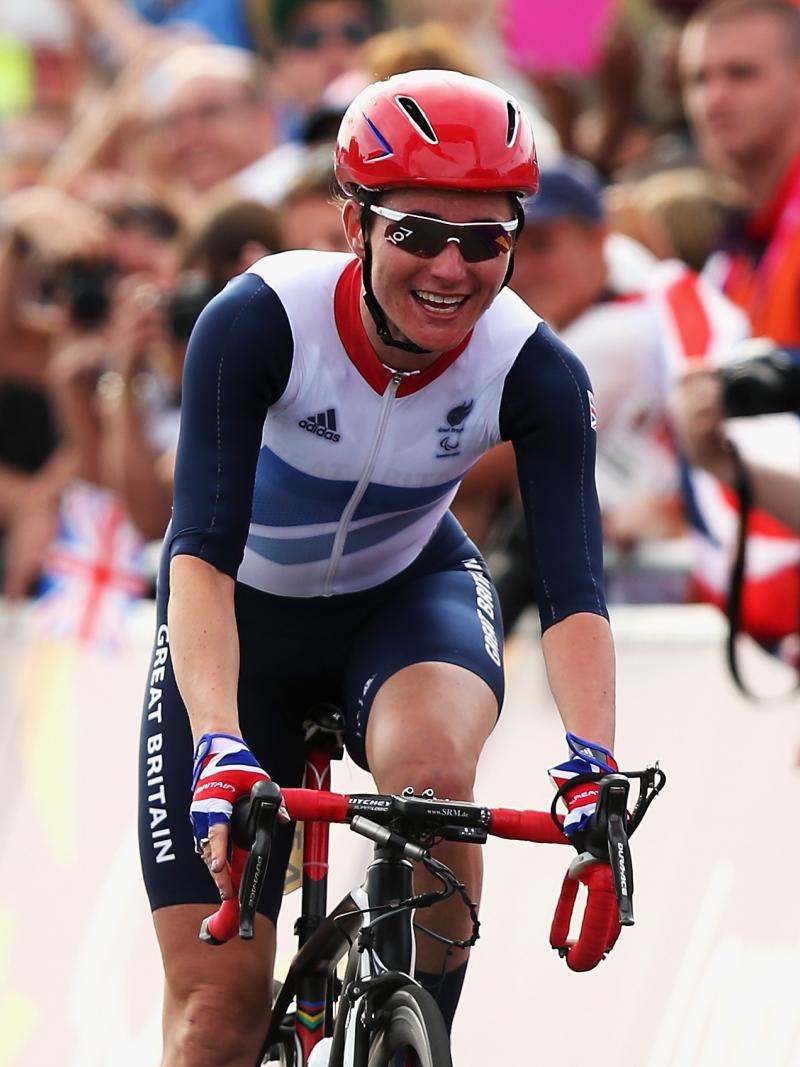Mario Valentini, the man behind Italy para-cycling’s success
The 73-year-old coach has Team Italy among the favourites heading into the upcoming Road World Championships. 26 Jul 2015
Mario Valentini, Italian para-cycling coach
“I love the effort they put in regardless of whether it is raining or fine. When I was coaching the elite, they would apologise when they arrived late for a 9 a.m. training session. The para-cyclists never need to apologise. They are there at 8:30.”
Italy’s para-cycling team can be likened to a finely tuned symphony orchestra.
Athletes from the different sports groups – tricycle, tandem, handbike and bicycle with adaptations – represent the different musical sections - brass, wind, percussion and string.
To take this analogy further, the famous Alexander Zanardi should be considered first violinist, the one in the limelight who takes a leading role. And the conductor, the one who wields the baton and keeps them all together? That is Mario Valentini.
Valentini, 73, is a man with extraordinary energy. For the last 14 years, he has been the father figure of Italian para-cycling, detecting talent, nurturing and coaching his national para-cycling team to impressive international results. Italy is one of the world’s leading nations when it comes to para-cycling, and Valentini is rightly proud. He says his athletes show a commitment and strength of character that was not always present among the able-bodied riders he used to coach.
“These riders give me my strength,” Valentini said. “I love the effort they put in regardless of whether it is raining or fine. When I was coaching the elite, they would apologise when they arrived late for a 9 a.m. training session. The para-cyclists never need to apologise. They are there at 8:30.”
The Zanardi influence
Former Formula 1 pilot Zanardi is undoubtedly the star of the Italian team. In 2009, eight years after losing his legs in a crash during a Championship Car (CART) race, he took up para-cycling and quickly rose to stardom. Not only has he won a World Championship and Paralympic gold, he has also won over the public.
“The notoriety of Zanardi has brought quite a few athletes to para-cycling in Italy,” Valentini said. “He is famous throughout the country. But the other riders are by no means in his shadow. Zanardi is very humble and helps new athletes integrate into the group.”
Most importantly, Zanardi’s charisma has helped attract youngsters to the sport, which is not an easy task, according to Valentini.
“The law for the protection of individuals in Italy prevents us from visiting people in rehabilitation centres,” Valentini said. “And often the families of young patients see para-cycling as a dangerous sport and prefer their children to take up an indoor activity.”
However, he said that more and more cycling clubs in the country have para-cycling sections which are effective when it comes to talent detection.
Team spirit and team building
Valentini is convinced that the team spirit that reigns among Italy’s para-cyclists is one of the keys to their success.
“The spirit of the squadra is fundamental and one of the reasons we are so strong,” Valentini said.
Team building is an important part of the training camps which are held around four times a year: once in winter, twice before rounds of the UCI World Cup and again before the UCI Para-cycling Road World Championships.
Italy’s commitment to para-cycling goes beyond its team of high-level athletes. Every year since 2012 Italy has hosted a round of the UCI Para-cycling Road World Cup, organised by none other than Mario Valentini’s son Mauro.
A family affair?
“No,” said the national coach. “I do not mix in my son’s business.”
He paused.
“But I give advice when he asks.”
Last year, Italy finished third in the medals table of the UCI Para-Cycling Road World Championships behind the hosts USA and Germany. On Wednesday 29 July, when the World Championships come to Nottwil, Switzerland, he is aiming high with his team but will not be too specific.
“Let us just say that if I play a game of cards, I play to win,” he said.

 Facebook
Facebook
 Instagram
Instagram
 Twitter
Twitter
 Youtube
Youtube
 TikTok
TikTok
 Newsletter Subscribe
Newsletter Subscribe




